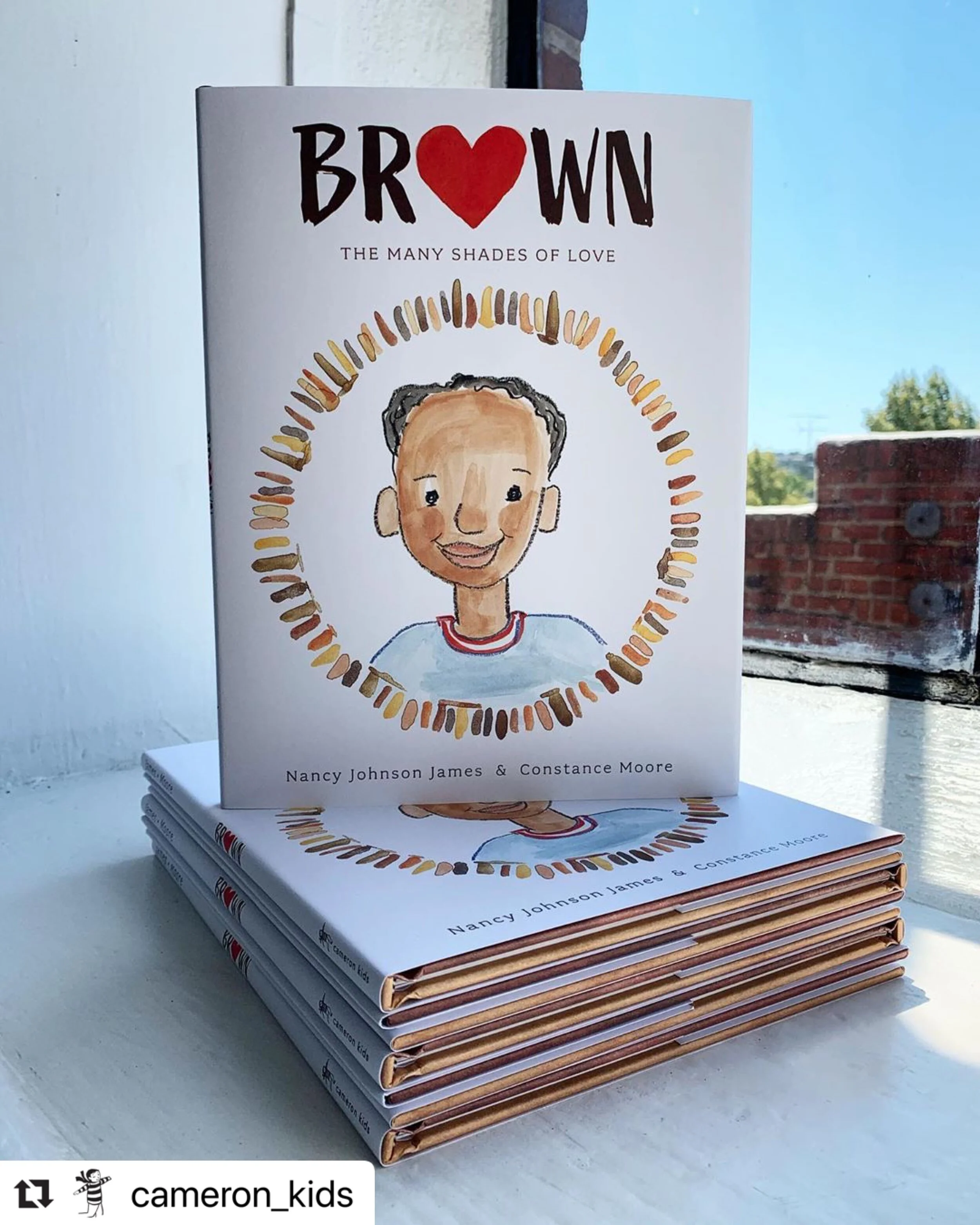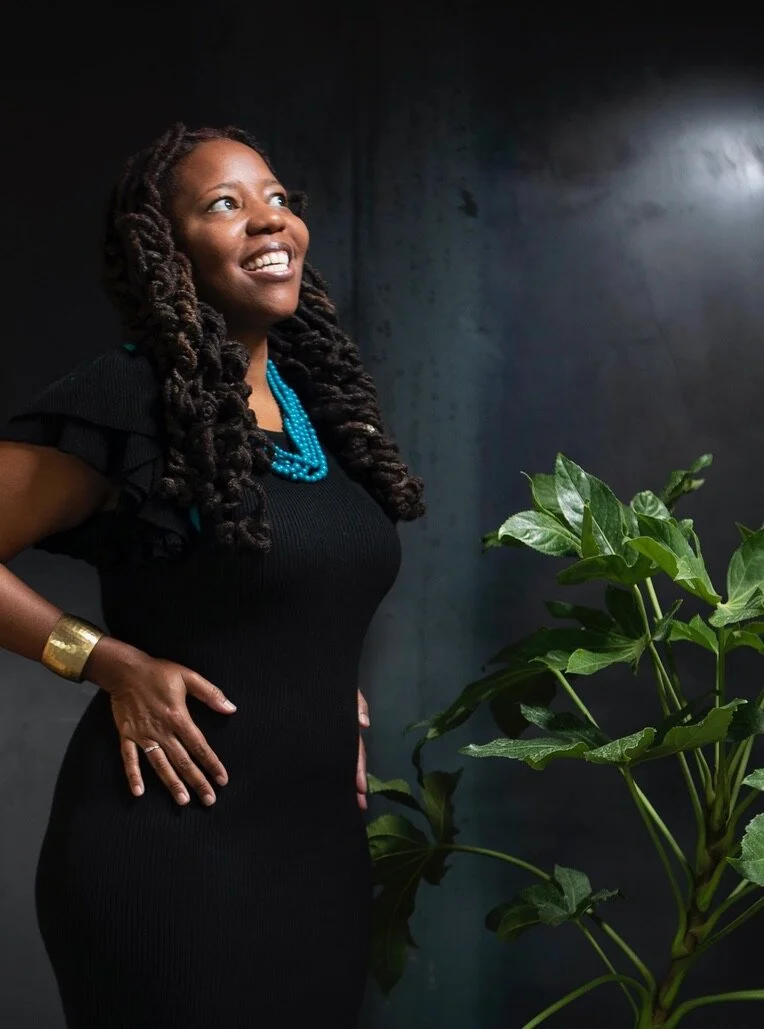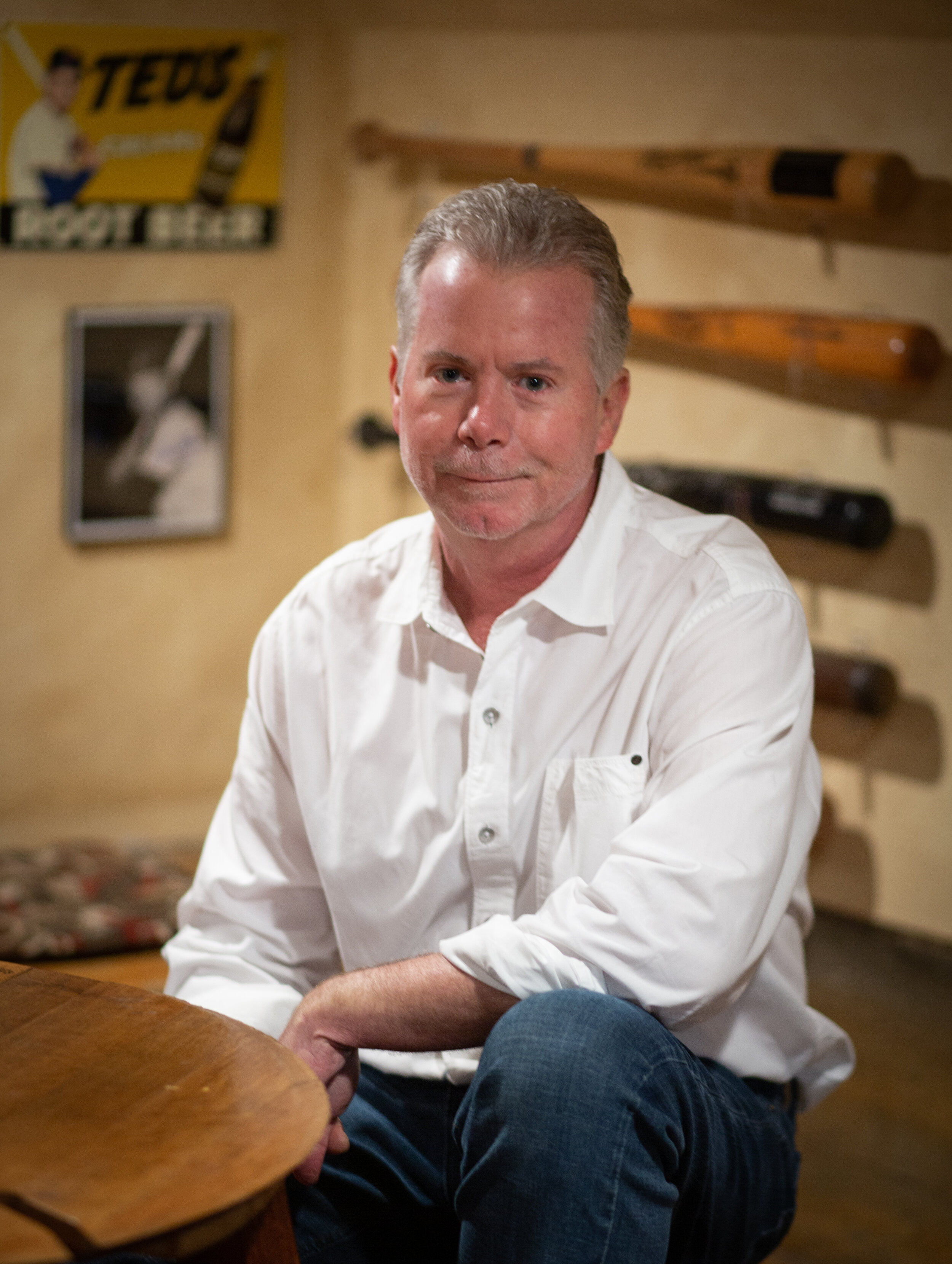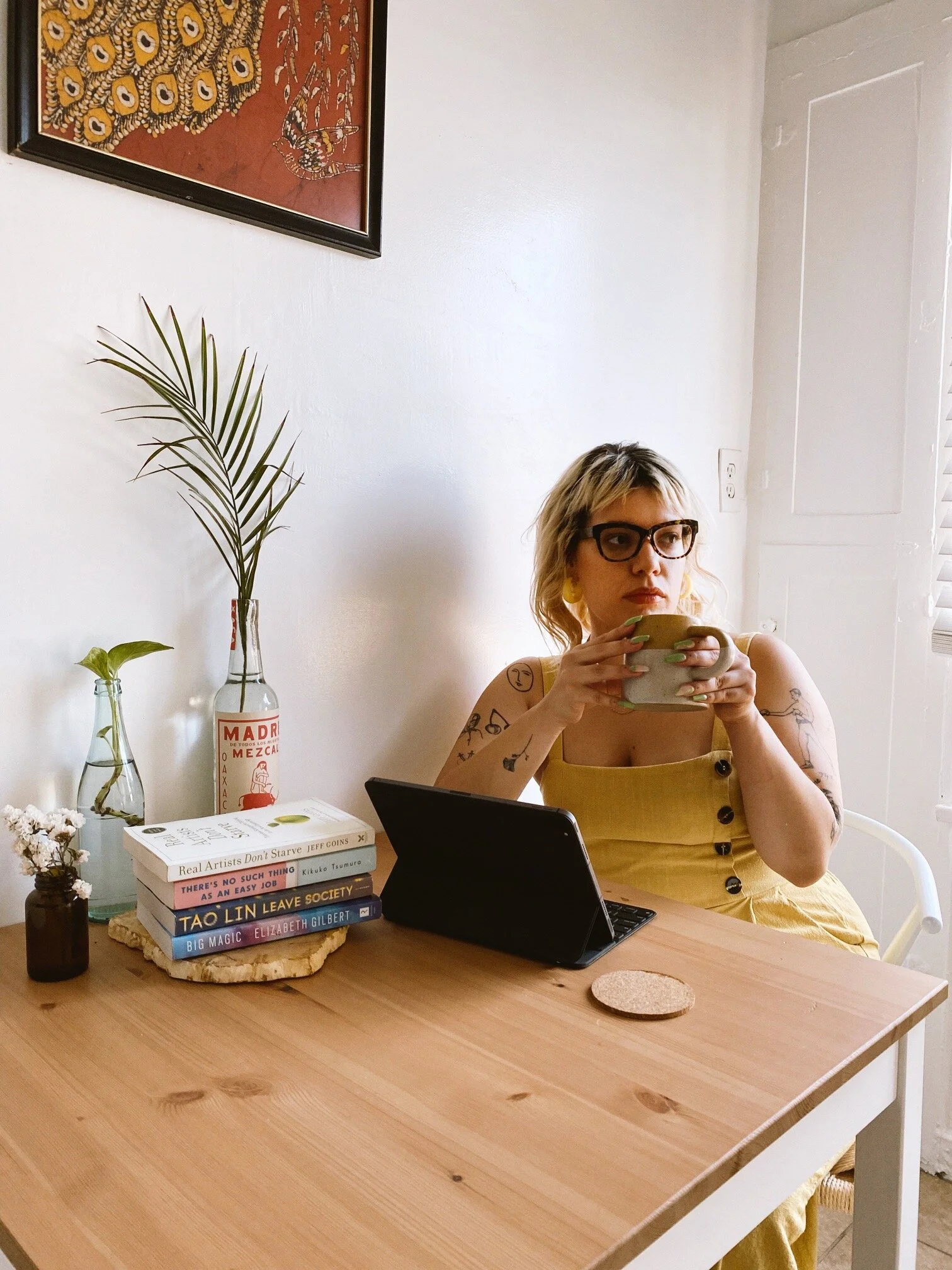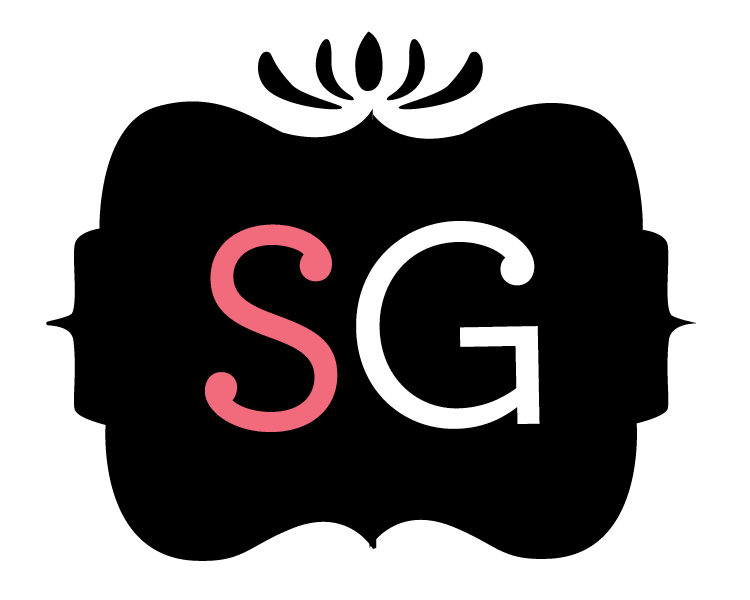Writing as Strip Tease: Interview with Stephanie Barbe Hammer
I met the poet Stephanie Barbé Hammer at the AWP Conference last February, where she presented at the "teaching from the stolen purse” panel. A professor for many years at UC Riverside, she now teaches independently at community colleges and writers’ associations. Last week, I caught up with her to discuss teaching writing, her prose poetry chapbook, Sex With Buildings, and her just-published collection, How Formal?
Here's Stephanie reading something she chose just for Sexy Grammar readers from How Formal?
Kristy Lin Billuni: Let’s start with your new book.
Stephanie Barbé Hammer: How Formal? really takes on the form question and ranges from very formal poetry like sestinas, haiku, and yes, the sonnet, through free verse, to the prose poem and then beyond in a truly wild section that features my own "translations," adaptations and riffs on such goodies as Psalm 123 and Sylvia Plath's “Daddy.” Some of the poems from Sex With Buildings are in this volume along with a bunch of new ones, which mention real estate, masturbation, and The Talmud. And there are fantastic block prints scattered throughout by my publisher.
KLB: I cannot wait to read your sonnets. I have a thing for sonnets.
SBH: Me too. They are very hard to write, I think, in part because of the host of guy sonnets writers who kind of lurk in my brain. So, that's why I wrote one about feminism. That seemed like the perfect corrective!
KLB: The world really needed some feminist sonnets—and more poems about masturbation and real estate. It sounds like there's something very collage-ish about this project.
SBH: For sure. I am a huge fan of Dada and Surrealism. I always loved that work, and then I studied with the amazing Aimee Bender, who has lived in France and who is very connected to that aesthetic, so I would say that the feeling of play and creative chaos is very much a part of what I do--and the mashup. I've got a haiku thing about Dada in the book.
KLB: Will you tell us about your practice as a teacher?
SBH: I'm fascinated and inspired by the kinds of realizations that can happen for people in non-traditional settings and the ways in which intense interactivity can make real time feel different from Internet time. As a teacher, I try to create environments that in some ways resemble the Happenings of the ‘60s and ‘70s. I try to enable spontaneous learning and realization rather than delivering a lecture.
With an advanced group of writers, I start in a group and have each person introduce another person, after conducting a little interview. That way, everyone speaks but not about themselves, and each person now knows one other person right away. The community building is crucial, so after the interview reports, I ask those teams to think about how they would like to design the class we are all currently in. And then we do just that, meshing and debating the different models that emerge. It sounds insane, but it really works. And the plan that emerges is much more interesting than my bringing in a syllabus and announcing, “This is what is happening.” Students are also much more involved because they've chosen the path and now have invested in what's happening.
KLB: How do your students benefit from that effort you make to get them knowing each other right away?
SBH: It's been a game-changer in that it gets them out of their writing box and forces a tiny bit—but only a tiny bit—of discomfort. That small bit of surprise/discomfort is a crucial space to write from--that place where you're not terrified (because then you're just paralyzed), but you're off kilter enough that you aren't writing that thing that you always write. You're in that odd place of discovery, which is disconcerting, slightly scary, but also cool. Encountering other people in unexpected ways that are still safe in a class, where everyone is supposed to be separate and competitive and "smart,” changes the experience. This is part of why I think all writers should take acting, or performative dance, or voice, or all three.
KLB: So, let's talk about Sex with Buildings just a little. I adore your prose poetry. I found it approachable, funny, and endlessly readable. Most people don't even know prose poetry exists. What do you love about writing in that genre?
SBH: I'm a real contrarian writer. I like taking on fancy concepts, like the poem in prose, which comes from French modernist Mallarme and Baudelaire and all those classy French boys, and sticking into them Barbie dolls and stuff about my mother and death. I like breaking up the genre, messing with high-level forms, and just saying, “Hang on a second, poetry isn't just Milton. It's ours too!” Poetry also belongs to writers and readers who identify as women and writers and readers who are poor, queer, not perfectly "abled," not white, and so on. I want to open up poetry as a field, and I'm thrilled if I can do that. The prose poem is a great way in because it looks like a newspaper article, right? So there's no scansion and no worries if I’ve understood if this is a sonnet or a sestina or a whatever it is I slept through in class while the teacher was talking. So right away, the prose poem, just from the way it looks lets us in.
KLB: I think that's what I mean by approachable: poetry that invites the reader in, as you say. Too many people have this idea about poetry that it's too hard to understand, too smart for them. I think the really smart poets write what's real for them, and that is always accessible poetry. Your poems read aloud beautifully too.
SBH: I read everything out loud before it's finished. Poetry started as a purely oral form, and it's meant to be heard.
KLB: That’s good advice. My high school poetry teacher always said a poem isn’t a poem until it’s been read aloud. Any other advice for someone who wants to write prose poetry?
SBH: Yeah. Get up in the morning or whenever you get up. Don't have coffee yet. Sit at the computer. Open up a doc. Make the ruler only go about half way across the page. Write ten lines. Then step away from it. Later, after coffee, see what you got. That's from Marvin Bell. Another one: write ten sentences about one object. Have someone else choose it. That's a good start too.
KLB: I am very attached to my daily pre-caffeine writing. It's different, freer maybe.
SBH: Well, it keeps the censor at bay. Again, a little discomfort, a little off kilter . . . helps.
KLB: I'm very interested in your writing process. Will you tell me what it looks like when you write?
SBH: It looks like me in my pajamas and a perfectly horrible bathrobe, sitting outside talking to myself, and then getting coffee, and then sitting down and maybe journaling a little and/or writing my adopted brother Robert (a gay poet/actor/professor who basically got me through grad school), and then avoiding for another twenty minutes, and then opening up a doc and either starting to write something new or revising something I'm working on already. Sometimes to get myself going, I work on the impossible assignment I've given myself, which is rebooting all of the Grimm Brothers Fairy Tales. So far I've written three or four, and there are like 300. So I have a long way to go. But the impossible assignment really makes me happy and frees me up to write. That also got me through graduate school
KLB: You mentioned opening a document on a computer. Do you always write in digital form? Ever take pen to paper?
SBH: I go back and forth. Right now I'm just coming off of an intense few weeks using a Leuchtturm notebook and a pencil. That was great. But then it just drove me crazy, and now I'm back into the computer. I think it's great to change it up. Whatever keeps you going.
KLB: Besides your perfectly horrible bathrobe, which I think sounds totally hot, what do you think is sexy about writing?
SBH: I think there’s a world of things to say about sex and words and writing. First, as Helene Cixous has pointed out, it’s a lot like masturbation. Particularly for those of us who identify as women, there's something clandestine, possibly shameful but surely titillating and fulfilling about writing. I think that you are always, first and foremost, writing to please yourself. It's about you; it has to be. And then your private pleasure goes out into the world, and that private joy is being shared, and that's pleasure too. The French have that great word, jouissance, which is at once orgasmic and joyful. That's pretty sexy, in my opinion. There are so many things to say about this: the way writing is a kind of strip tease for both writer and the reader, that both are involved with a kind of shared, private revelation. I think that's why books, in whatever form, will stay with us: because there is this kind of private dancer quality to them and to our experience of them--both as readers and writers--that we will always desire and treasure.
The Sexy Grammarian meets amazing writers wherever she goes. Get to know fabulist, magical realist, and intermittent poet Stephanie Barbé Hammer on her blog or Twitter feed. And do yourself a big favor and buy her prose poetry chapbook, Sex With Buildings and her just-published collection, How Formal? right now. To meet more writers in social media, follow The Sexy Grammarian on Facebook or Twitter.

